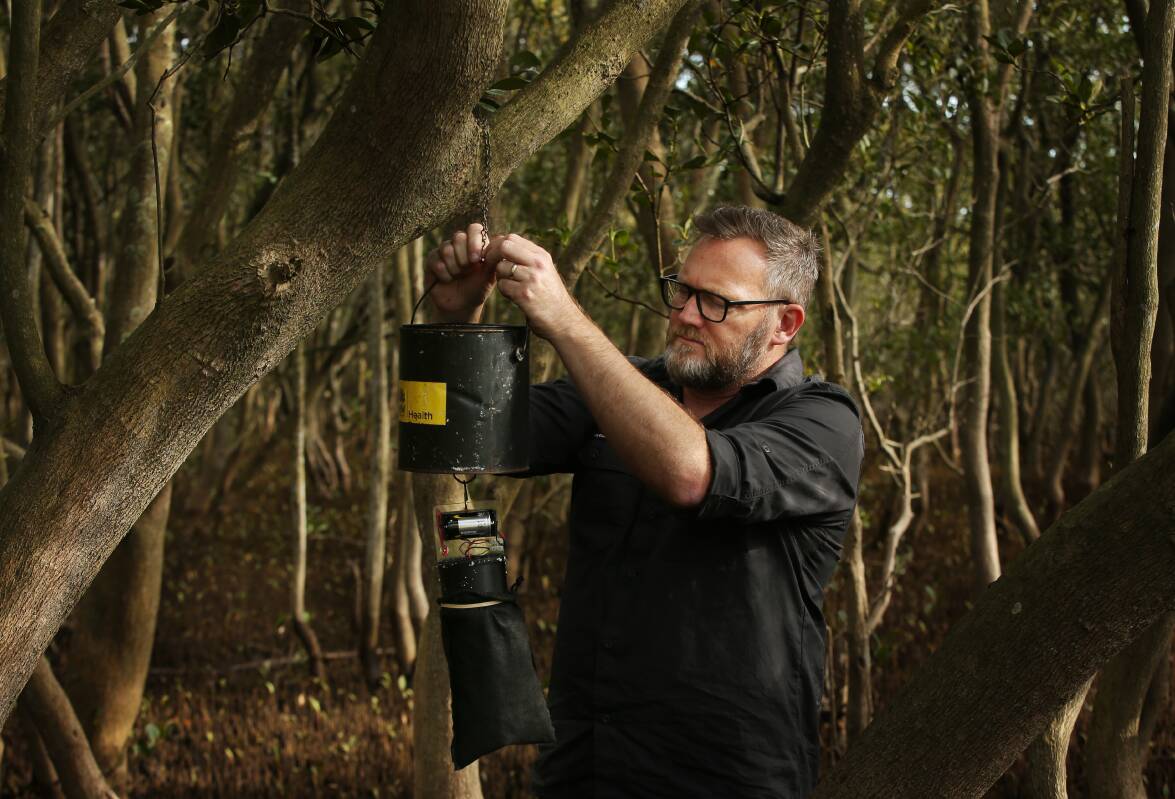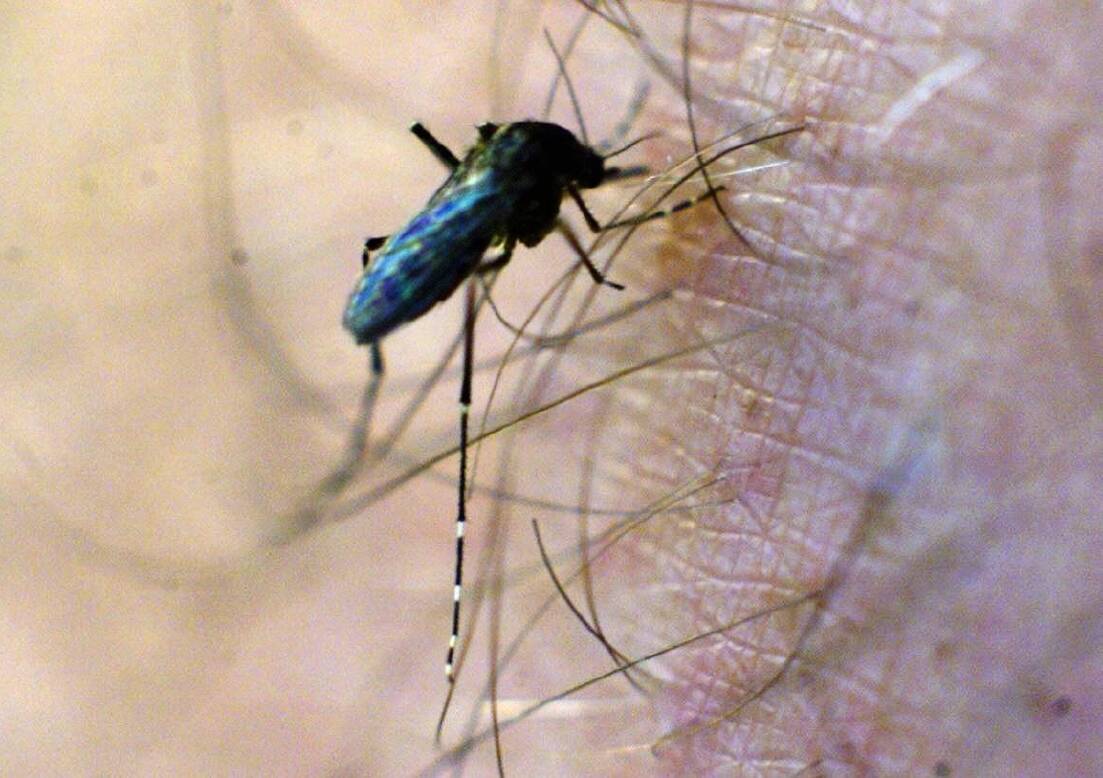
Mosquito numbers have hit "very high" levels in Newcastle and could get worse, Hunter New England Health says.
The Ross River and Barmah Forest viruses have been detected in mosquitoes in Newcastle in February and this month in NSW Health surveillance.
The forecast of high tides, warm temperatures and rain later this week were "great conditions for mosquito hatching", public health doctor Meg Whitley said.
"It's a great time for people to be reminded of ways they can protect themselves from mozzie bites," Dr Whitley said.

Four cases of Ross River virus were recorded in Hunter New England in February and two this month.
Nine Barmah Forest cases were recorded in NSW in February.
University of Sydney Associate Professor Cameron Webb, who monitors mosquitoes in Newcastle, warned people not to be complacent over bites.
"We're done with summer, but there's still many more weeks of mosquito season to go," A/Prof Webb said.
"In early autumn, there can be fewer mosquitoes around than the peak of summer.
"But there's a relatively greater health risk at the moment than there was during the peak of mosquito numbers during summer."
There are no vaccines for the Ross River or Barmah Forest viruses.
Symptoms following infection can include painful swollen joints, skin rashes, fever, fatigue, headaches and swollen lymph nodes.
Dr Whitley said there were simple ways to stay safe.
"The best way to protect yourself is to avoid getting bitten in the first place," Dr Whitley said.
"You can prevent the disease by preventing the bite."
A/Prof Webb said it had been "a number of years since we've seen any substantial activity of some of these viruses on the coast".
"The reason we have the surveillance programs in place is to pick up the viruses in the mosquitoes, hopefully before people get sick."
He said the hot and humid summer, tides and rain had "triggered big numbers of mosquitoes".
The conditions meant mosquitoes "can live longer and are more likely to pick up the viruses when they're biting wildlife".
Coal Point's Peter Robson told the Newcastle Herald last year that he had been through "hellish pain" after contracting Ross River fever from a mosquito bite.
"When it first started, it began in my shoulder and felt like I had separated a tendon from the bone. It was that intense," he said.
"It started attacking random joints every second day or so. It would move to my knees, feet and wrists. I had extreme swelling. My knee puffed up. On a pain level, this was a 9 out of 10. It's crippling."
Dr Whitley said diseases that mosquitoes carry can "make people feel miserable".
"In the acute phase, people can be unwell with fevers, awful joint and muscle pains, rashes, headache and fatigue.
"A small number of people can have these symptoms lasting for weeks or months."
In some parts of the state, mosquitoes can carry infections that cause severe disease such as Japanese encephalitis, Kunjin and Murray Valley encephalitis.
Ways to avoid mosquito bites include:
- Use an effective insect repellent on exposed skin and reapply within a few hours [the best mosquito repellents contain diethyl toluamide (DEET), picaridin, or oil of lemon eucalyptus].
- Most repellents are safe for use on children aged 3 months and older when used according to directions. Infants aged less than 3 months can be protected from mosquitoes by using an infant carrier draped with mosquito netting that is secured along the edges. Use insecticide sprays, vapour dispensing units (indoors) and mosquito coils (outdoors) to clear rooms or repel mosquitoes from an area.
- Cover all windows, doors, vents and other entrances with insect screens.
- Remove any water-holding containers outside the house where mosquitoes could breed.







